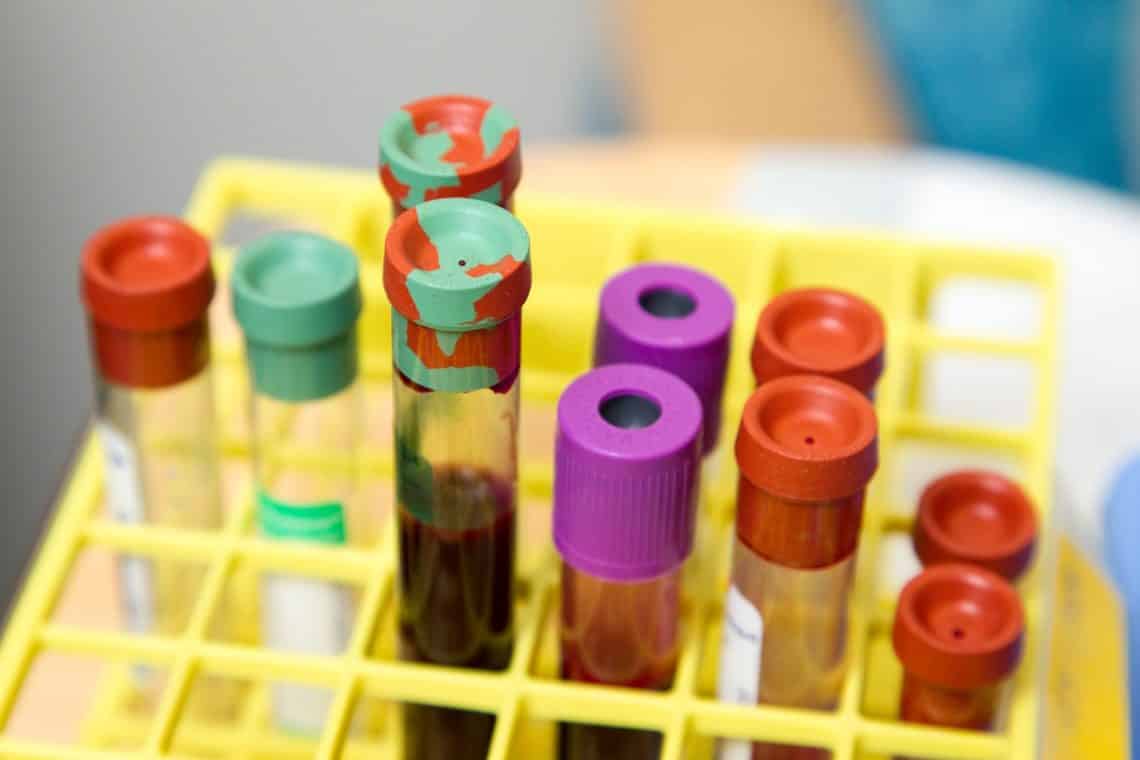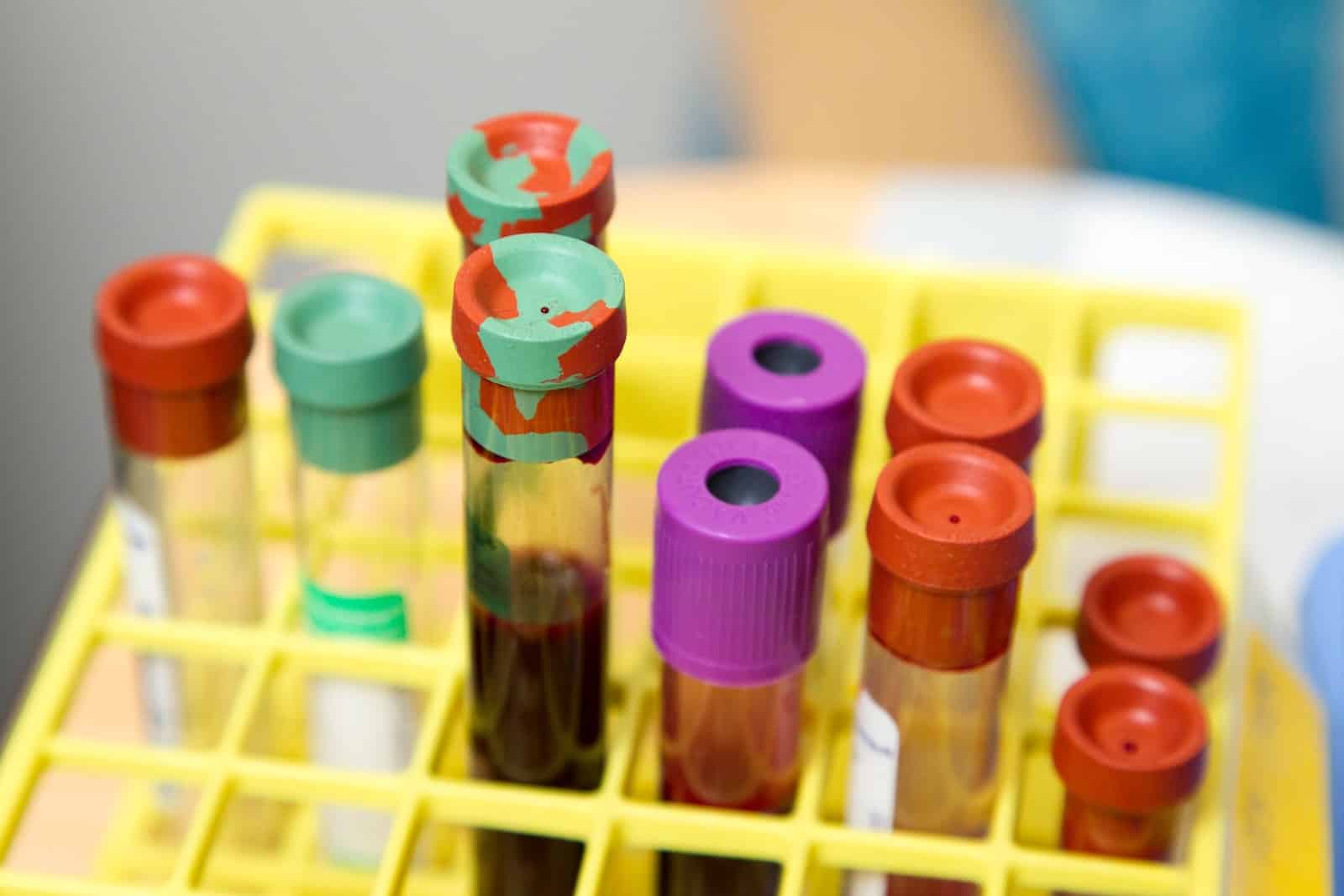
DWI Blood Tests and Your Rights in Texas
 A DWI conviction has serious and long-term ramifications that might follow you even after you’ve served your sentence. If you’ve been charged with DUI, you must approach the situation with the immediacy and severity that it warrants. This means enlisting the counsel of a tenacious and competent DWI defense attorney who can help you overcome the charge. They can also help prevent a conviction. A blood sample taken after DWI when the accused is in the hospital under the influence of painkillers or anesthesia may be questionable. It should be thrown out as admissibility depends on consent.
A DWI conviction has serious and long-term ramifications that might follow you even after you’ve served your sentence. If you’ve been charged with DUI, you must approach the situation with the immediacy and severity that it warrants. This means enlisting the counsel of a tenacious and competent DWI defense attorney who can help you overcome the charge. They can also help prevent a conviction. A blood sample taken after DWI when the accused is in the hospital under the influence of painkillers or anesthesia may be questionable. It should be thrown out as admissibility depends on consent.
According to the Texas Penal Code, DWI is one of the most severe misdemeanor offenses. Depending on the BAC, the fine may be up to $6,000, and even if the offender is a first-time offender with no prior criminal record, they can be sentenced to up to one year in jail. A DWI charge is serious, and this is why, to defeat the charge, you must have a powerful defense.
How Can a DWI Defense Lawyer help?
First and foremost, if there was an DWI accident we make sure that the accident scene evidence is gathered. Keep in mind that the police will do everything they can to collect any evidence that might lead to a conviction. However, if notified promptly, we can look for surveillance video and other evidence to help your DWI defense.
Although Texas courts have determined that a DWI blood sample result is relevant to the question of intoxication, it is critical to remember that a DWI blood sample result does not prove that you were driving while intoxicated. Under Texas law, the prosecutor must prove that you were “intoxicated” when you operated your vehicle.
A blood sample result acquired hours after a DWI arrest can’t be utilized to determine whether you were intoxicated when you were detained. Proper safeguards must be taken when collecting the blood by the hospital or jail. As a result, prosecutors will attempt to determine your alcohol level at the time you were driving using Retrograde Extrapolation (to determine BAC at time of incident).
Additionally, any substance that could contaminate the blood sample should be evaluated; for example, using an alcohol wipe or not inverting the vial properly to mix the preservatives presents issues to the accuracy of the blood test results.
Who Can Draw a Blood Specimen in a DWI Case?
A consented blood alcohol sample must be obtained in a sanitary location and only by a healthcare professional in Texas. To draw a blood sample, you’ll need a registered professional nurse, a qualified vocational nurse, or a licensed medical technician. A licensed medical technician may only acquire a sample of blood if the medical director for the organization that employs the technician-intermediate or technician-paramedic has provided their permission.
Common Errors with Texas DWI Blood Tests
When a person is charged with DWI as a result of a blood test, it is critical to have a criminal defense lawyer evaluate the blood sample processing to see whether the test was lawfully requested and handled appropriately. If there was any form of mistreatment of the blood sample, an attorney might submit a petition to suppress evidence that was obtained illegally. They can also contest the veracity of the results.
Among the most typical issues with blood samples in DWI cases are, but are not limited to:
- The alleged offender’s BAC has been influenced by the medicine they have taken.
- Blood was not taken by authorized medical staff, and blood tests were not permitted by law.
- Sample that has been contaminated.
- Failure to transfer alcohol concentrations in serum or plasma to alcohol concentrations in whole blood.
Can I Refuse the DWI Blood Test?
Yes. Despite coming under the concept of implied agreement, you have the right to decline any chemical test to detect your blood alcohol level under the Fourth Amendment. In recent years, several situations in Texas have occurred in which people have been forced or compelled to produce a sample to arresting officials. To be clear, law enforcement can only make a blood extraction under “exigent conditions.” These include certain specific circumstances.
- You’ve been convicted of DWI before.
- You were engaged in a car accident in which you or another person sustained injuries.
- You were in a car accident that knocked you out or killed you.
Even in the most clear-cut cases, a forced blood examination might swiftly be called into doubt. If you were arrested for DWI and then given a blood test without your permission, contact an attorney right away; the evidence gathered may be suppressed and declared inadmissible.
What to do if you get a DWI in Texas?
When DWI or DWI accusations have been made against you in Texas, the first and most critical step is to retain the services of an experienced defense counsel. There are several tight deadlines that will necessitate expert intervention shortly after your arrest. Having a DWI attorney on call will place you in a much stronger position when it comes to your defense. It is crucial to have prior experience. The results of cases are essential.
Navigating a DWI Charge: Legal Support Matters
It’s best to manage these intricacies with the help of a lawyer who will stand up for you. The DWI Man is concerned about our clients’ well-being and is there to assist and advise you throughout the process. We hope that this can alleviate some of the anxiety associated with the uncertainty. You have alternatives that might lead to a dismissal or a lesser punishment. Contact us today. We are delighted to share our experience and advice with anyone going through a difficult period.
Frequently Asked Questions (FAQ)
What are the consequences of a DWI conviction in Texas?
A DWI conviction in Texas can have serious and long-term effects, including:
- Substantial fines (up to $6,000)
- Possible jail time (even first-time offenders can face up to a year in prison)
- A conviction that may impact your record for a long time after you serve your sentence
Who is allowed to draw blood for a DWI case in Texas?
Only certain healthcare professionals are permitted to draw blood for DWI cases in Texas. These include registered professional nurses, qualified vocational nurses, and licensed medical technicians who have approval from their organization’s medical director.
Can I refuse a DWI blood test in Texas?
Yes, you have the right to refuse a chemical test to detect your blood alcohol level under the Fourth Amendment. However, in some situations like prior DWI convictions or accidents causing injury or death, law enforcement may proceed with a blood draw under exigent circumstances.
What are common errors in DWI blood tests?
Common errors include blood samples being influenced by medication, improper collection by unauthorized staff, contamination, and incorrect conversion of alcohol concentrations. These issues can affect the validity and admissibility of the test results.
Is a DWI blood sample enough to convict someone in Texas?
A DWI blood sample alone does not prove intoxication while driving. Prosecutors must show, beyond a reasonable doubt, that you were intoxicated when you operated your vehicle, not just at the time of the blood draw.
What should I do if I am charged with DWI in Texas?
The most important step is to consult with an experienced DWI defense attorney immediately. There are strict deadlines and legal complexities, so having expert legal help can strengthen your defense and possibly improve the outcome of your case.
